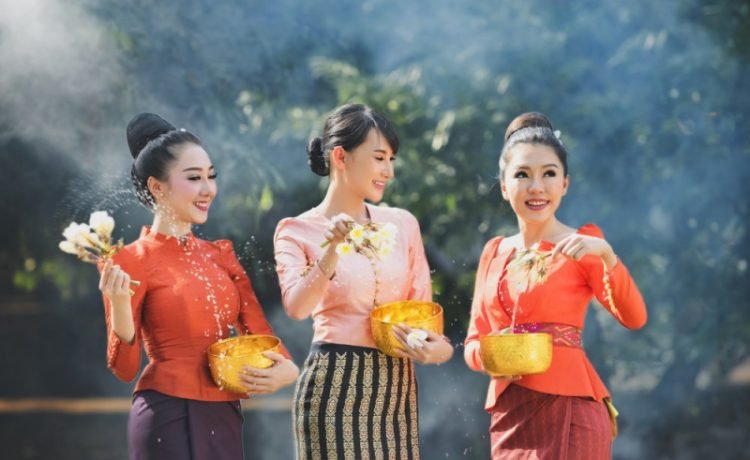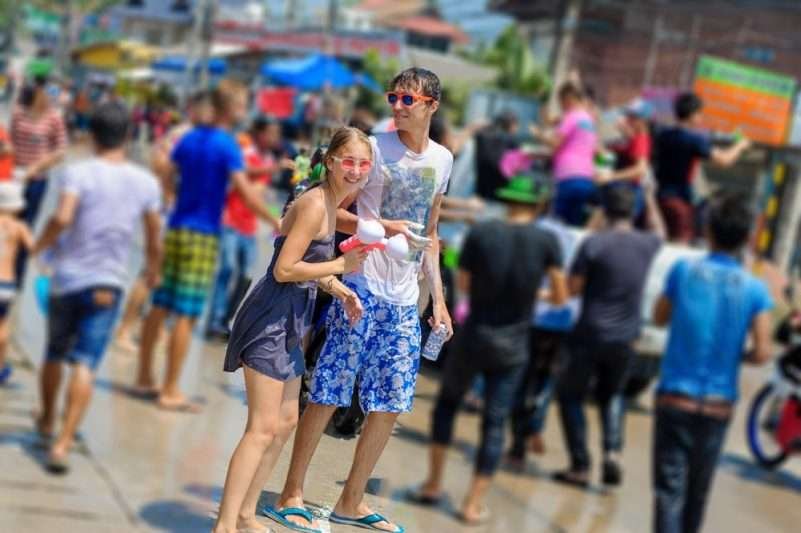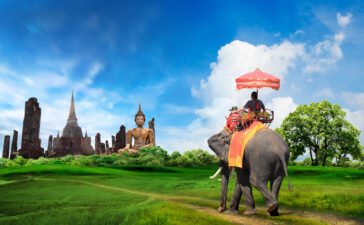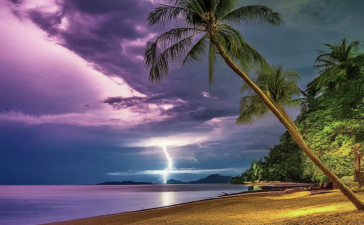The Cultural Significance of Songkran
Songkran, Thailand’s traditional New Year celebration, is deeply rooted in the country’s religious and cultural background. Held annually from April 13 to 15, this vibrant festival symbolizes purification and renewal. Originally, it was based on the lunar calendar but now follows the solar calendar. The word “Songkran” is derived from Sanskrit, meaning “astrological passage” or “transition.”
Buddhists regard Songkran as an opportunity for spiritual cleansing, as they visit temples to offer alms and engage in ritual bathing of Buddha statues. The practice of sprinkling water on one another has evolved into a massive water fight, representing the washing away of misfortunes and welcoming in good luck and prosperity.
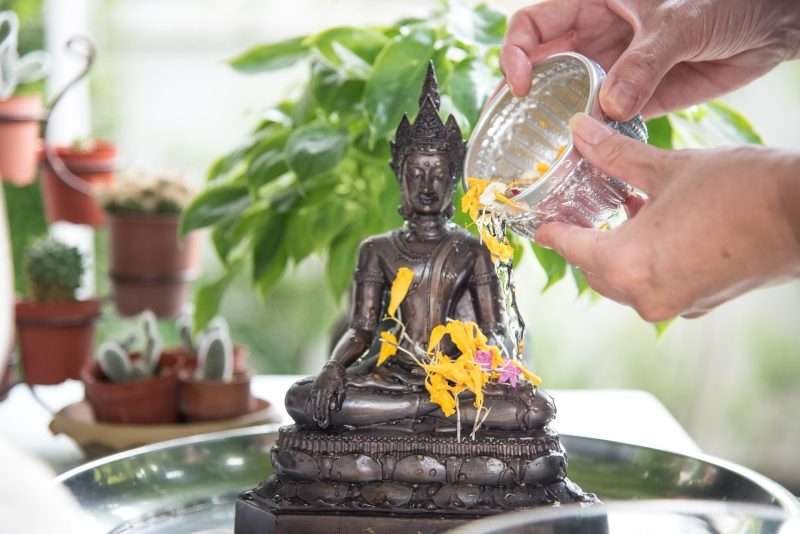
Top 3 Locations to Celebrate Songkran in Thailand
1. Bangkok
The capital city of Thailand offers some of the most lively Songkran celebrations. Key areas include Silom Road, Khao San Road, and CentralWorld Square. These locations are packed with locals and tourists alike, engaging in water fights and enjoying the festive atmosphere.
2. Chiang Mai
Chiang Mai, often referred to as the “Rose of the North,” is a popular destination for Songkran celebrations. The city’s moat turns into a hub of water-based festivities, with locals and visitors taking part in traditional parades, cultural performances, and, of course, water fights.
3. Pattaya
Pattaya extends the Songkran celebrations with its “Wan Lai Festival,” which takes place from April 16 to 19. The beach resort town offers a unique blend of water fights, sandcastle building competitions, and vibrant parades along Beach Road.
Precautions During Songkran
While Songkran is a time of joy and celebration, it’s essential to take necessary precautions:
Be mindful of traffic accidents, as the festival period often sees a spike in road incidents due to increased travel and intoxication.
Secure your belongings in waterproof bags, as you’re likely to get wet during the festivities.
Be respectful of local customs, such as dressing modestly and avoiding using water mixed with ice or powder.
Practical Considerations
Book accommodations well in advance, as hotels tend to fill up quickly during Songkran.
Be prepared for increased traffic and potential transportation delays.
Carry cash, as many vendors don’t accept credit cards during the festivities.
The Flip Side: Escaping Songkran
While Songkran is a time of celebration for many, some locals and expats prefer to avoid the festivities altogether. The influx of tourists, increased noise levels, and potential safety concerns lead some people to stay home or leave Thailand during this period. It’s essential to weigh the pros and cons of participating in Songkran to determine whether it aligns with your personal preferences and travel goals.
In conclusion, Songkran in Thailand is a unique experience that combines religious and cultural traditions with fun-filled water-based activities.

